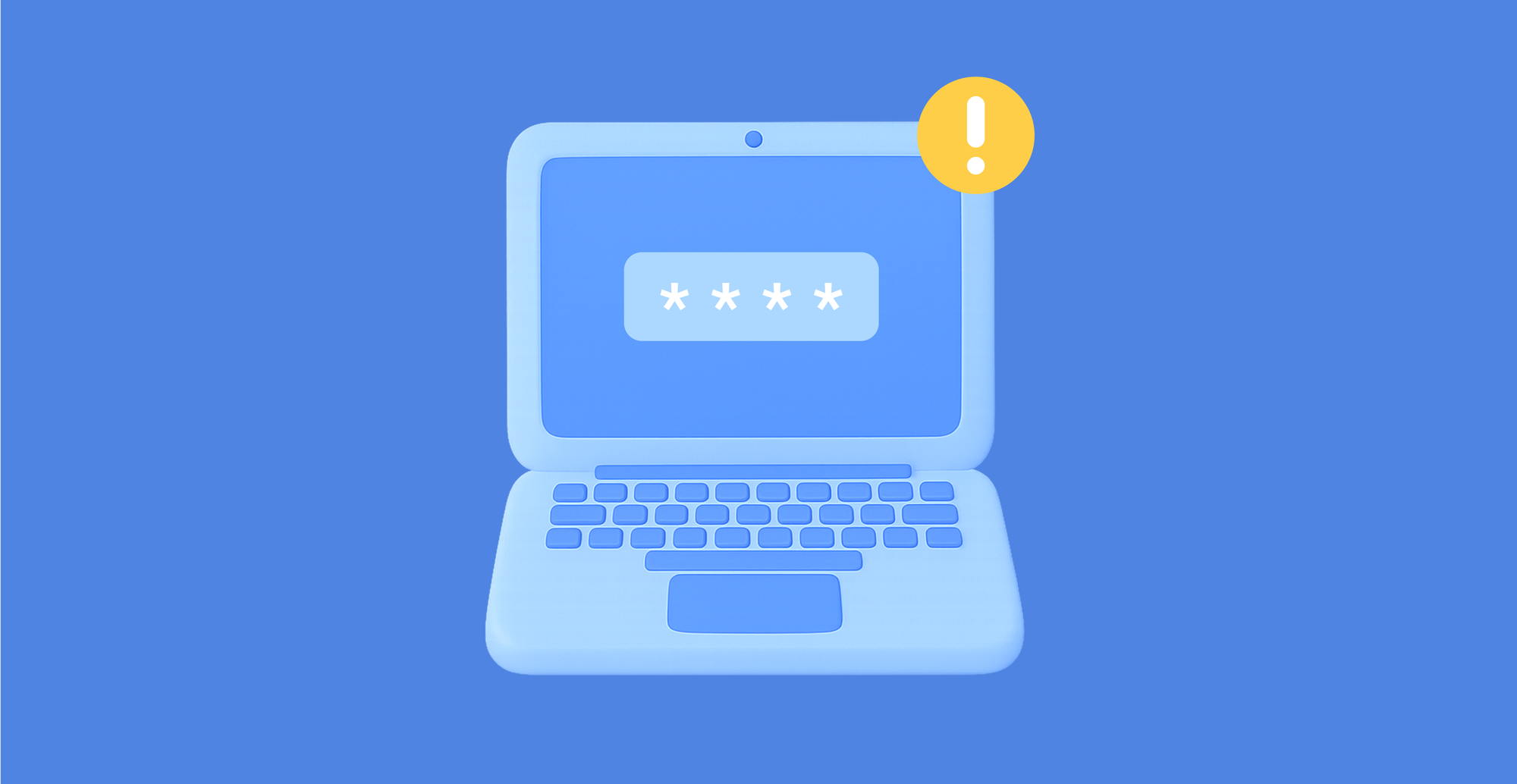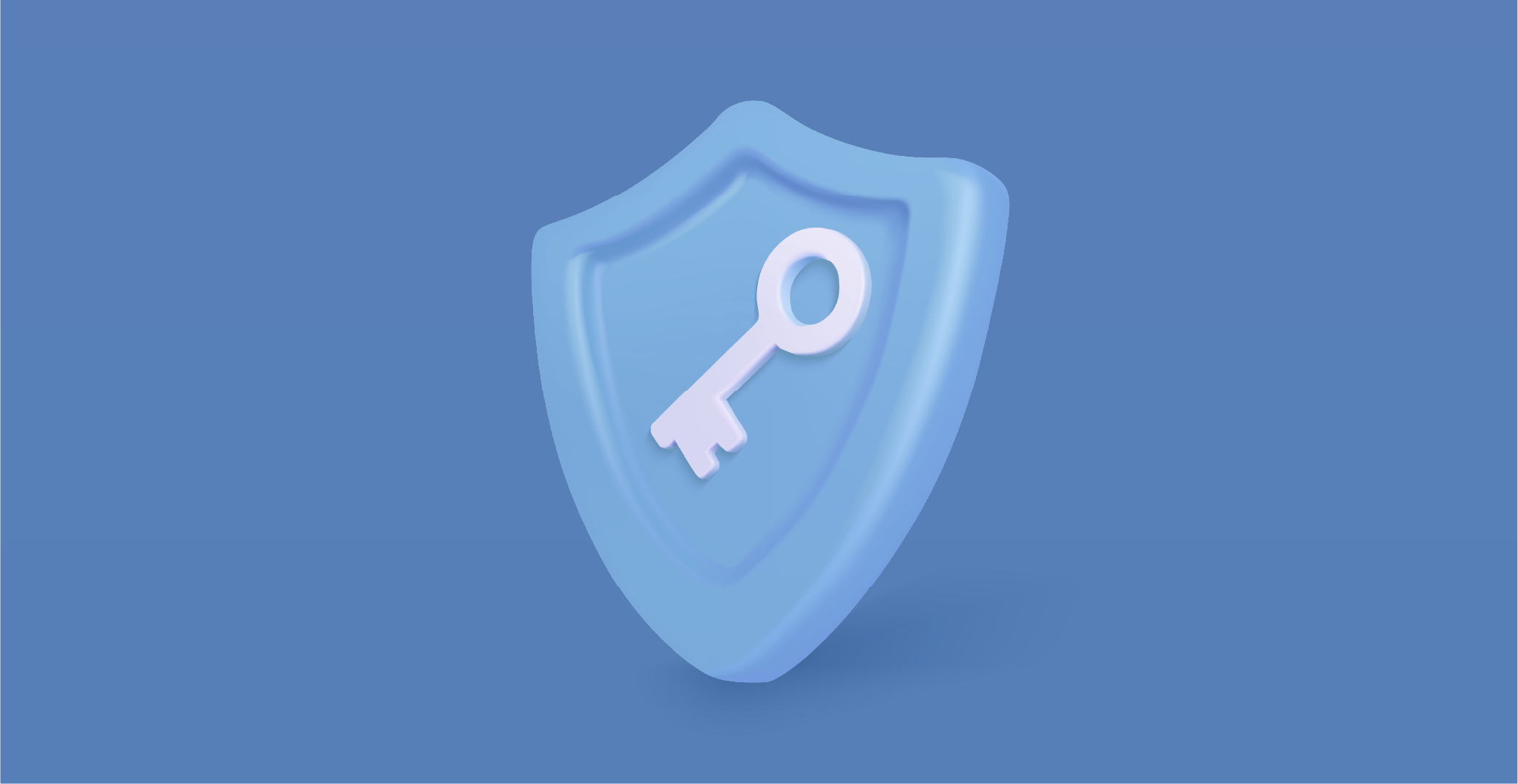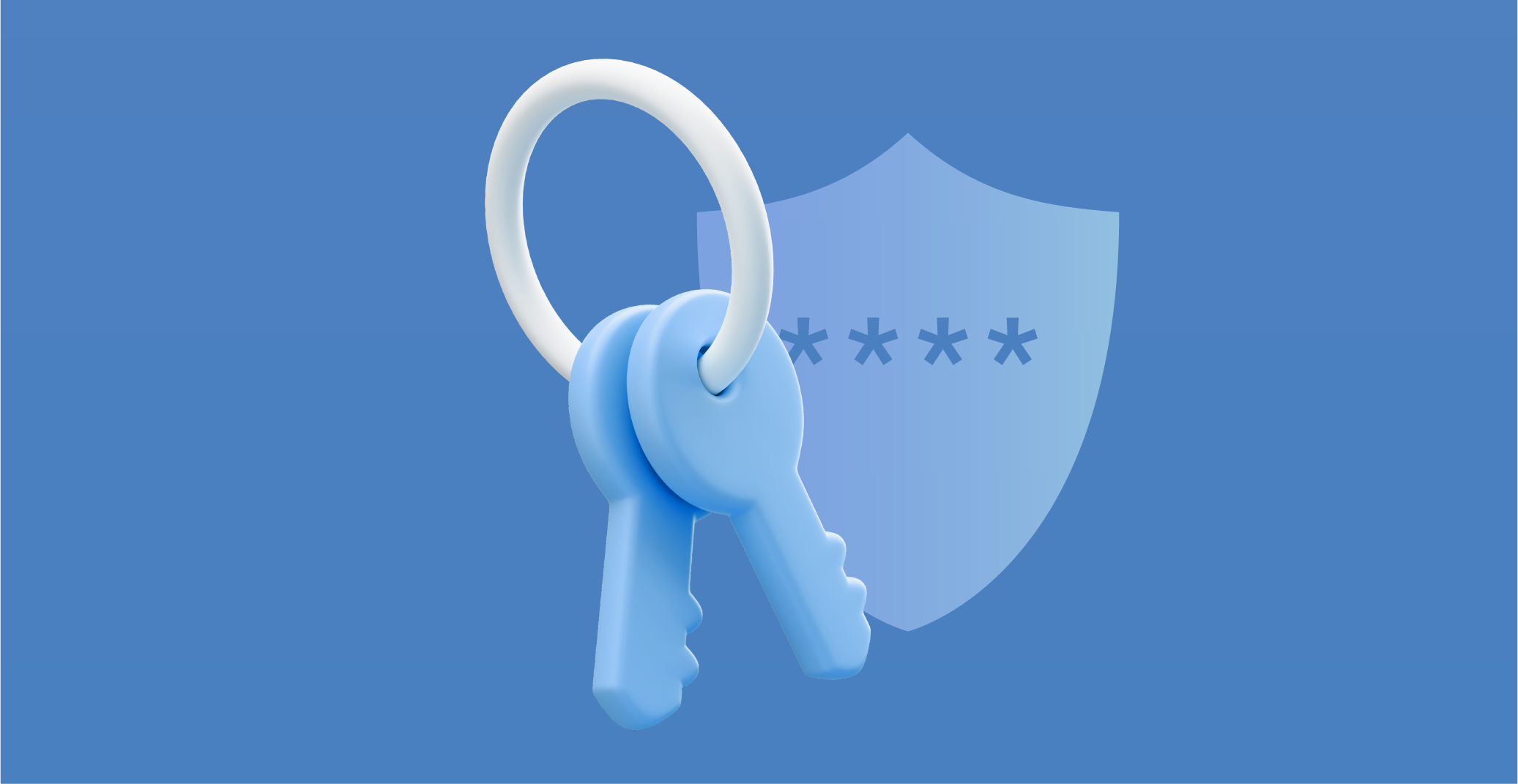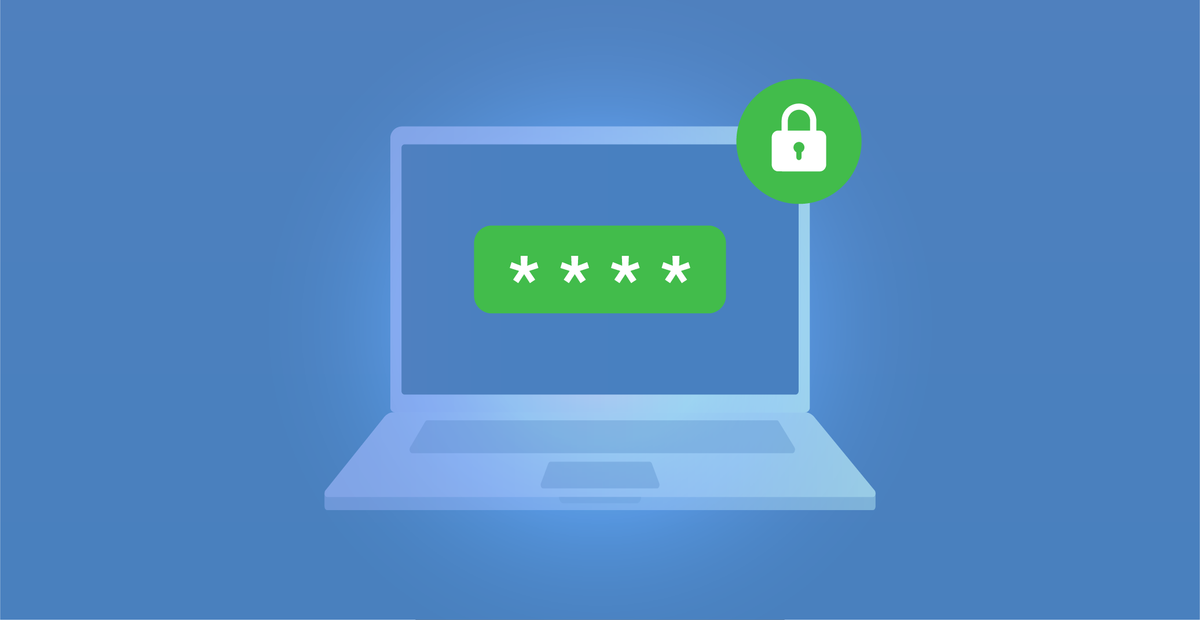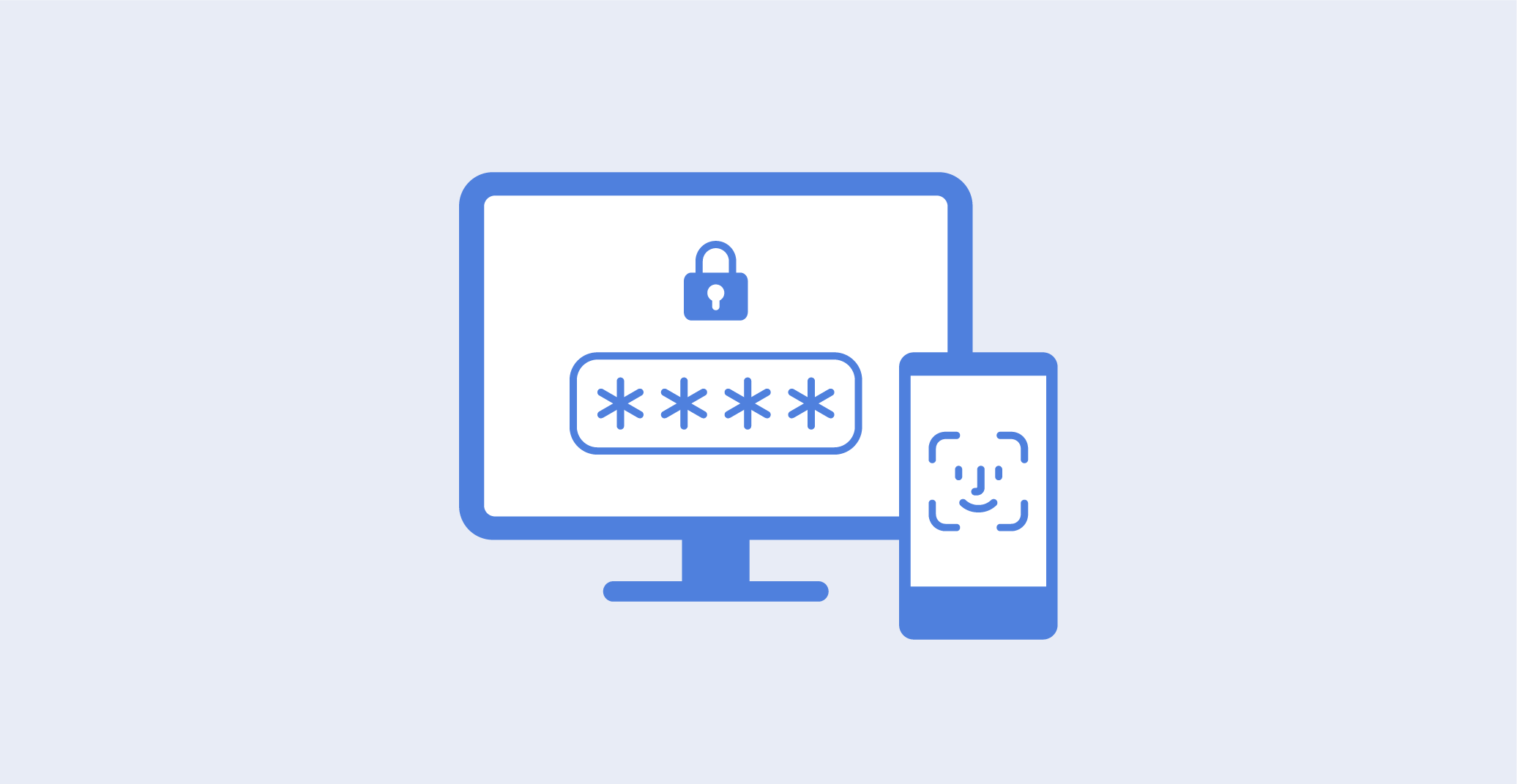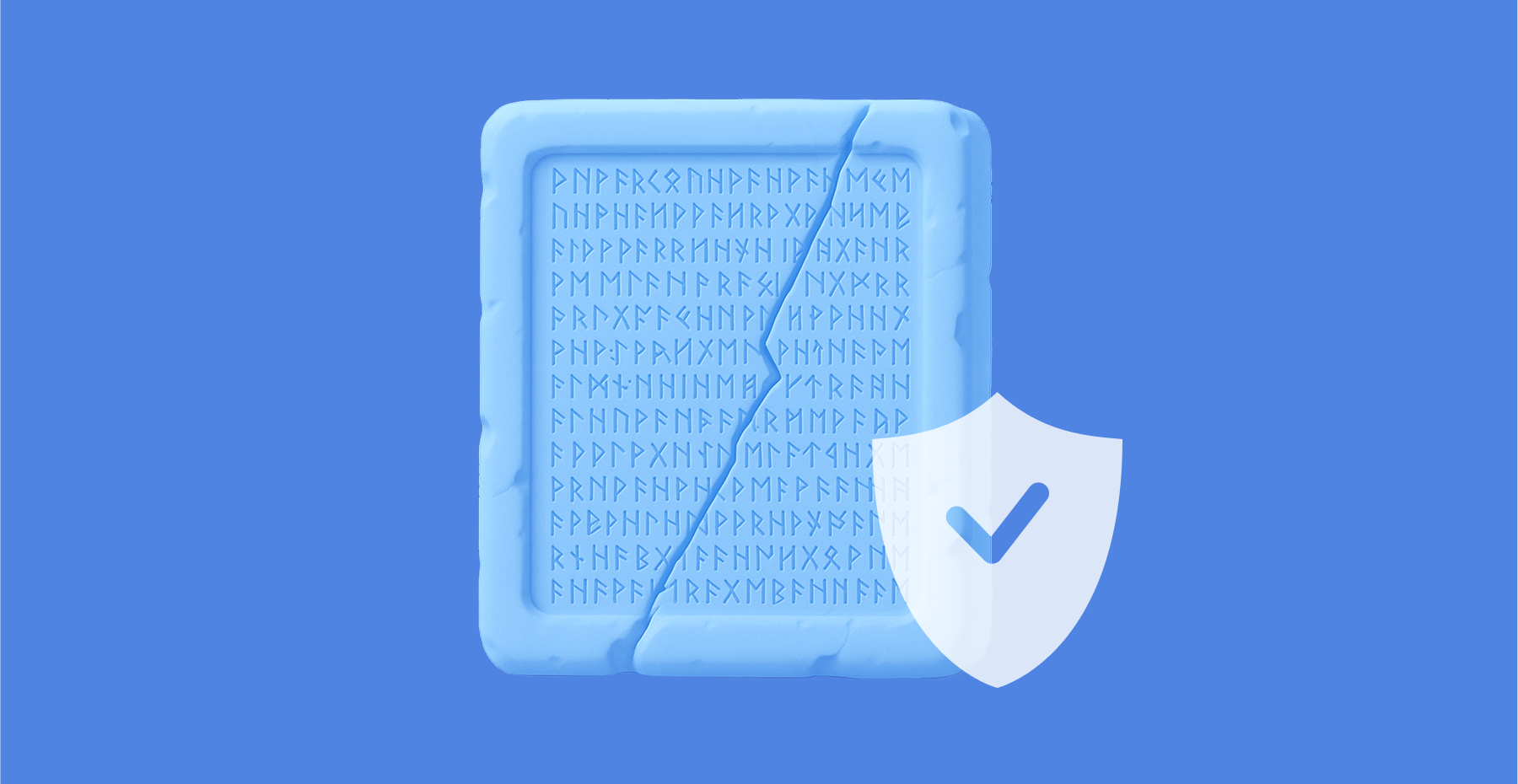
Table of contents
- Introduction
- What is a password manager?
- Myth 1: Password managers aren’t safe or secure
- Myth 2: Putting all my passwords in one place makes them easy to hack
- Myth 3: Remembering all my passwords is safer than trusting technology to do it for me
- Myth 4: It’s a hassle to get a password manager up and running
- Myth 5: Your passwords will be compromised if your computer is stolen
- Myth 6: Password length doesn’t matter as long as it’s complex
- Myth 7: Two-factor authentication (2FA) makes passwords irrelevant
- Myth 8: You can reuse passwords for low-importance accounts
- How Passwork improves online security
- FAQs
- Conclusion
Introduction
Would you trust a single key to open every door in your life? Probably not. And yet, when it comes to online security, countless people unwittingly take similar risks by using weak or easy-to-guess passwords — or by using the same password over and over again. Enter password managers — software designed to protect your digital life. But despite their growing popularity, myths about password managers persist, often deterring people from adopting them.
In this article, we’ll unravel common myths about password managers, explain how they work, and why indeed you can’t afford not to use them in order to up your cybersecurity. Let’s separate fact from fiction and give you the necessary tools to make smart choices to be safe online.
What is a password manager?
A password manager is like a digital vault that stores, generates, and manages your passwords securely. Instead of remembering dozens of complex passwords, you only need to remember one. These software products encrypt your credentials, ensuring that even if someone gains access to your device, they can’t decrypt your data without the master key.
Modern password managers, like Passwork, are not limited just by storing passwords. They offer features like password sharing, secure notes, and compatibility with multi-factor authentication (MFA). Think of it as your personal cybersecurity assistant, making it easy for you to stay safe without sacrificing your online experience.
Myth 1: Password managers aren’t safe or secure
This is one of the oldest password myths out there. Many believe that storing all your sensitive information in one place is just asking for trouble, but the reality is quite the opposite. Reputable password managers use end-to-end encryption to protect your data, so even if their servers are compromised, your passwords remain unreadable without your master password. And since most password managers don’t store your master password, even the provider can’t access your information.
No security system is 100% foolproof, but dismissing password managers for this reason is like refusing to lock your door because a burglar might pick the lock. In fact, password managers greatly reduce your risk by helping you create and store strong, unique passwords for every account. Consider this: a Verizon study found that 81% of data breaches are caused by weak or reused passwords. Using a password manager is like having a bank vault for your credentials—far safer than sticky notes, spreadsheets, or browser storage. It’s a crucial layer in your cybersecurity strategy.
Real-world perspective: A study by Verizon found that 81% of data breaches are caused by weak or reused passwords. Using a password manager minimizes this risk, making it a crucial layer in your cybersecurity strategy.
Myth 2: Putting all my passwords in one place makes them easy to hack
This myth stems from the fear of a "single point of failure." However, password managers are designed to be resilient. They use zero-knowledge architecture, meaning your data is encrypted locally before it’s stored. Even if the manager’s servers are compromised, your information remains secure.
And — depending on the app or service in question — features such as biometric authentication and MFA add another layer of defense, one that can't be pierced without you there to open it.
Myth 3: Remembering all my passwords is safer than trusting technology to do it for me
Let’s face it: How many of us can be bothered to remember a unique, 16-character password for every account? The human brain simply isn’t wired for this task. This is why people frequently depend on risky practices like weak passwords or using the same password for multiple accounts.
Analogy: Would you memorize every phone number in your phone book? No, you keep them in your phone. Password managers serve the same purpose, but for your digital credentials.
Myth 4: It’s a hassle to get a password manager up and running
Some people are fed up with password managers because they think the setup process is too technical. The reality? The majority of password managers are built as user-friendly as possible.
For instance, Passwork provides clear user interfaces and easy step-by-step instruction, with which absolute lay persons can't do anything wrong. Their API connector also specialise in browser extensions and mobile apps for ease of use.
Pro tip: Start small by importing passwords from your browser or manually add just a few important accounts. Once you realize how much time and strain it saves, you might even regret that you didn’t make the switch sooner.
Myth 5: Your passwords will be compromised if your computer is stolen
This is a myth, and it neglects several strong security features in modern password managers. Even if someone physically stole your device, they’d still need your master password or biometric data to access your vault.
Myth 6: Password length doesn’t matter as long as it’s complex
Complexity is important, but so does length, and maybe even more so. It becomes exponentially more difficult to crack a longer password, even with the most sophisticated software.
Example: A 12-character password consisting of random words (e.g., "PurpleElephantSky") is far more secure than a shorter, complex one will ever be ("P@ssw0rd").
Myth 7: Two-factor authentication (2FA) makes passwords irrelevant
While 2FA is an excellent security measure, it’s not a replacement for strong passwords. Instead, consider it an added layer of protection. A weak or reused password is enough to get you hacked even with the added layer of 2FA protection.
Myth 8: You can reuse passwords for low-importance accounts
Even "low-importance" accounts can be exploited in credential stuffing attacks, where stolen passwords are used to break into other accounts. It also requires you to reset a lot of other passwords and, if you’ve reused a lot of passwords (which is a bad idea), might put a significant portion of your digital life at risk
This is where a password manager comes in — creating unique passwords for each and every account without determining a tier of "importance".
How Passwork improves online security
Passwork takes password management to the next level by combining robust security features with user-friendly design. Here’s how it stands out:
- Team sharing: Share passwords with your team securely keeping everything private.
- Customizable policies: Set password strength requirements and expiration dates to enforce best practices.
- End-to-end encryption: Your data is encrypted locally, ensuring that only you can access it.
- Seamless integration: Use browser extensions and mobile apps to access your credentials anytime, anywhere.
With Passwork, managing your passwords becomes effortless, freeing you to focus on what truly matters.
FAQs
- Are password managers safe to use?
Yes, password managers encrypt everything, so, much safer than say browser storage. - Is it possible for hackers to get into my password manager?
Not without your master password or biometric authentication. Features like zero-knowledge architecture further enhance security. - What happens if I forget my master password?
With most password managers, you can set up recovery options, but you must safeguard your master password. - I use 2FA, do I still need a password manager?
Yes, 2FA complements strong passwords but doesn’t replace them. A password manager ensures your passwords are both strong and unique. - Are password managers difficult to set up?
Not at all! Most tools, including Passwork, are designed for ease of use and come with setup guides. - Can I share passwords securely with a team?
Yes, tools like Passwork offer features for secure password sharing within teams.
Conclusion
Password managers are no longer a luxury: they are a must-have in today’s pretty much entirely digital world. By debunking these myths, we hope to encourage more users to embrace password managers.
Still hesitant? The risks of weak or reused passwords far outweigh the few minutes it takes to set up a password manager. Be in charge of your online security today — your future self will thank you.
Further reading
